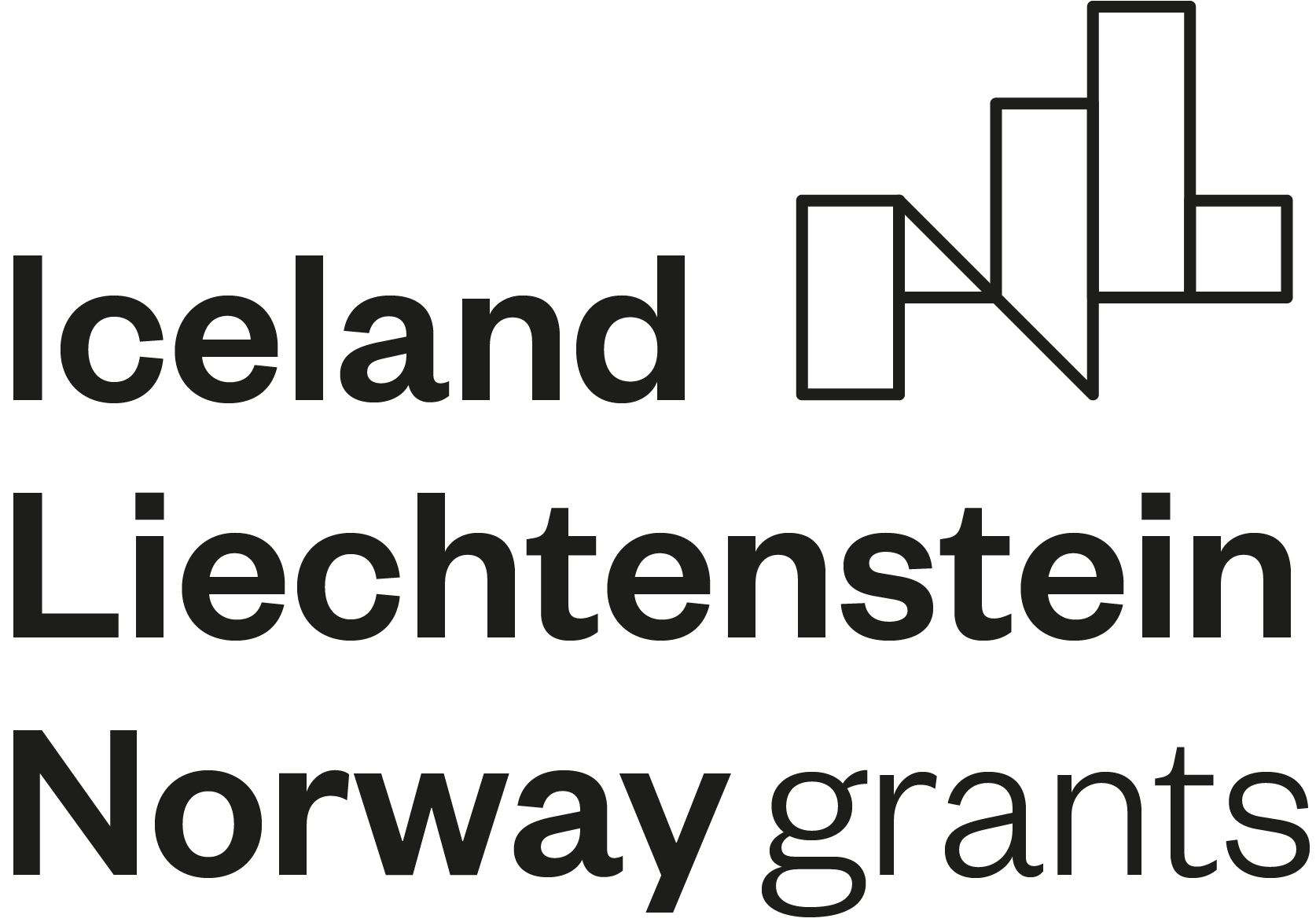
Goal of the project is to increase international mobility of students and staff as well as international cooperation with partner countries.
Type: Erasmus+
Full title: Erasmus+ programme KA1 “Higher education student and staff mobility between Programme and Partner Countries”
Number: 2019-1-LV01-KA107-060300 (-LV)
Goal of the project: Increase international mobility of students and staff as well as international cooperation with partner countries
The target group: Students and staff at Vidzeme University of Applied Sciences and its partner institutions
The leading partner: Vidzeme University of Applied Sciences
All project partners:
- Armenia (Yerevan BRUSOV State University of Languages and Social Sciences)
- Bosnia and Hercegovina (The University of Zenica)
- Gambia (The University of Gambia)
- India (Dr. Y.S.R. National Institute of Tourism and Hospitality Management; Indira Gandhi National Tribal University)
- Israel (ORT Braude College)
- Kosovo (University of Business and Technology Kosovo)
Project implementation period: 01.08.2019. – 31.07.2021.
Main activities: Student and staff exchange
Study directions: Business administration, information technologies, communication and journalism, political sciences, tourism
Total budget: EUR 159 072,00 (122 940,00 EU; 36 132,00 Latvian national co-financing)
Project funding: EU funding, Latvian national co-financing
Erasmus+ Charter: https://ec.europa.eu/programmes/erasmus-plus/sites/erasmusplus/files/files/resources/he-charter_en.pdf
Information for partners: http://ec.europa.eu/programmes/erasmus-plus/sites/erasmusplus/files/library//guide-credit-mobility_en.pdf
The selection process of students takes place at sending university based on following criteria - academic performance and achievements, adequacy of exchange study content to the study programme, already used abroad study and internship opportunities (preference is given to students who have not participated in Erasmus+ exchange), study semester, motivation, english or particular national language skills, involvement in various professional activities and projects, other criteria of the partner university.
Student selection has to be documented (including criteria used), after the selection partner university provides an official protocol in order to participate in the particular Erasmus+ KA 107 project. After the selection, university nominates the selected student and only final chosen student has to apply at ViA university for studies (fill in the online application), not all potential candidates.
The selection process of staff takes place at the host university (Vidzeme University of Applied Sciences)
Contacts:
Project manager at Vidzeme University of Applied Sciences: Tatjana Mažāne
E-mail:
Phone: +371 22042022





